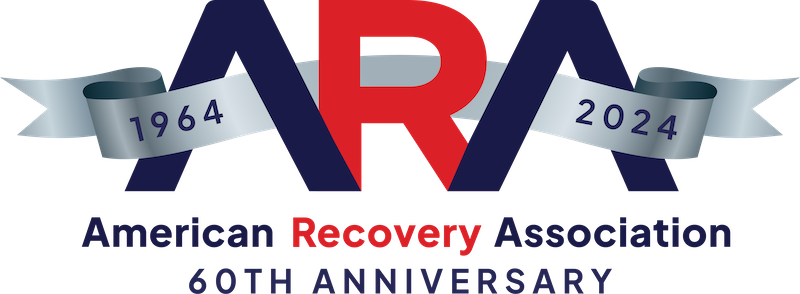Written by ALS Resolvion CEO and ARA Member, Michael Levison
Effective management of impound repossessions is challenging. Impound yard operators are notorious for being difficult and, in many cases, unscrupulous operators. The entire process consists of several unconnected parts and requires specialized expertise to handle effectively. If not handled properly, the process can be extremely expensive, or even worse, can result in the loss of your lien.
The article will examine the issues and highlight strategies that should increase your net recoveries on impounded vehicles.
VIN Monitoring
The first step in handling an impound is actually knowing that the vehicle that you are trying to recover has actually been impounded. This may seem obvious but this is where most problems start. While a party that is considering converting title is required to give the existing lien holder notice, the process is often delayed or ignored. We also see many cases where the lender does not have clear procedures for identifying impound notifications. All of this results in loss of time and when it comes to impounded vehicles, time is definitely big money.
To mitigate this issue, we recommend a couple of basic steps: (1) subscribe to a VIN monitoring service that has access to law enforcement information and other data that can give you early notification on potential lien losses and (2) establish clear internal procedures for acting on the information quickly. Storage fees add up very fast so you want to establish contact with the lot immediately. Taking these basic steps to have a defined internal process and VIN monitoring system will not only reduce your storage fees but also make your impound recovery operations more efficient helping you save time and money.
Knowledge is Power
Impound lot operators have developed a pretty bad reputation for exploiting situations. One of their favorite tactics is to charge fees that, under local regulations, they really are not allowed to charge. This is where knowledge of local rules can be very valuable. Admittedly, it is not always easy to find. Rules can vary based on state, city, county, etc. However, basic web searches can often yield the insight that you need. Even if you don’t have the information, don’t hesitate to push back on the fees. They are usually willing to negotiate.
If the fees are very high and you are convinced that you are being grossly overcharged, you may want to take (or threaten) a legal action known as an Interpleader Proceeding. Under this approach, the fees demanded are placed with the court and then the court decides what is allowed. Just the threat of going this route is often enough to persuade a bad operator to be more reasonable. Thus, in order to avoid paying higher fees for recovering impounded cars, equip yourself with knowledge of local rules or ensure you have an impound partner with expert negotiating skills.
To Pay or Not to Pay
It pretty common for impounded vehicles to have severe damage which obviously would materially reduce auction values. Combine that with the impound fees, transport and auction-related fees and it does not take much to pull the transaction into the red. Careful analysis should be conducted on borderline situations. Spend a little money and send an inspector to take pictures and complete a proper condition report. There are also multiple data sources that can give you pretty accurate estimates of value. If it does not make sense, just let the lien go.
Rapid Impound Recovery
Speed of recovery is especially important when dealing with impounded vehicles. Given the very high daily storage rates charged by many lots, just a few days of additional storage can make the difference when determining whether or not it makes sense to recover the unit. Align yourself with vendors that can coordinate a pick up quickly regardless of location and who are willing to front the fees on your behalf. Moving quickly, with the right partners, can add significantly to the net realized value.
Insurance Related Issues
Often times impounded vehicles are damaged and have active insurance coverages under which you are entitled to make a claim. The opportunity is overlooked by many lenders. Others attempt to pursue it but don’t really have the expertise to optimize the opportunity. There are several firms that offer expertise in this area including our nationwide skip trace and repossession company, ALS Resolvion.
In addition to timely filing of insurance claims, it is good practice to audit the claims payment you receive. The insurance company’s objective is to minimize payout and they have many ways to accomplish this goal. Often times their decisions are subjective and/or made on inaccurate data. One lender recently reported to us that simply auditing claims payments for accuracy added almost $300 in net proceeds to each impound recovery. For a sub-prime lender, that is huge.
One last opportunity that can be pursued are excess proceeds that might be generated from a lien sale. Legally, the party that successfully converted a lien is only entitled to the amount of the fees they claimed were owed. If a sale of the vehicle generates amounts in excess of the amount due, it is supposed to be remitted to the lien holder. Of course, in many cases this is not done voluntarily but some lenders monitor the issue and will pursue it when appropriate.
Summary
As this article has mentioned, there are many issues involved when it comes to recovering an impounded vehicle and different strategies to solve them. Optimizing financial results from impounded vehicles is tricky business; however, the right processes and partners can make a big difference.
